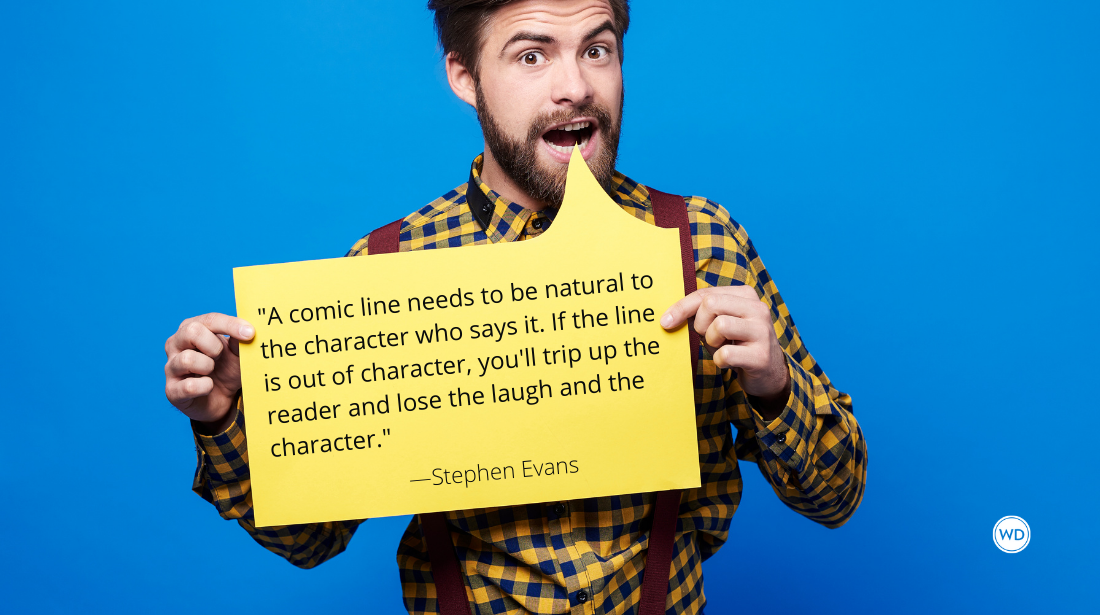The Roeder Report: Just Trying to Be Nice
A few years ago, I shared a short story with my writing group. It was a speculative work that dared to ask, “What if the circus took over the world?” The comments above were the three most encouraging I received from my cohorts. Of the two remaining members of my group, one handed me back my heavily wept-upon manuscript without a word, while the other simply dropped out of society. by Jason Roeder
“Your story puts my navel-
gazing claptrap into reassuring perspective.”
“I’ve never considered literacy a mixed blessing until now.”
“Did you outsource this story to the dumbest squirrel you could find?”
A few years ago, I shared a short story with my writing group. It was a speculative work that dared to ask, “What if the circus took over the world?” The comments above were the three most encouraging I received from my cohorts. Of the two remaining members of my group, one handed me back my heavily wept-upon manuscript without a word, while the other simply dropped out of society.
But it wasn’t the criticism that bothered me; it was the brutality of it, the absolute absence of tact or empathy. It didn’t have to be like that. If my group had followed the suggestions below, I might not have lost confidence in my story. Instead, it just gathers dust at the bottom of a drawer—in the issue of The New Yorker that published it with no changes whatsoever.
1. SAY SOMETHING POSITIVE.
You can usually come up with at least one morsel of genuine praise: “I love your use of sensory details,” “This story hardly triggered my gag reflex at all” or “Outstanding work. You should definitely consider submitting it to a journal with no stated plagiarism policy.” A small dose of encouragement demonstrates that you’ve been evenhanded, and when you get around to making more critical comments—or feeding the pages of the manuscript into the fireplace, shrieking, “Back! Back to the hell from which you came!”—you already will have put them into a more balanced context.
2. PLEAD IGNORANCE.
Sometimes it helps to qualify a critical remark by emphasizing your unfitness in making it. For example, when you’re handed an atrocious J.R.R. Tolkien knock-off, you can say, “I’m not sure why you devoted the entire 23 pages to having the elf king carefully review the prospectus for his new Vanguard mutual fund, but I don’t read much fantasy.” Or, when presented with an awful horror story: “While I personally might not find 5,000 words about bubble baths particularly frightening, I’m probably missing something that regular horror readers would pick up right away.”
3. GIVE THE WRITER A KITTEN.
Sometimes, there’s no rhetorical maneuver to bail you out. Sometimes you read something that makes you wish you could take the English language in your arms and reassure it that the bad man with the 900-word sentences isn’t going to hurt it anymore. If there’s no way to soft-pedal your comments, you might as well do something nice to compensate. If no kitten is available, consider giving the writer—along with the feedback you’ll never be forgiven for—a day of beauty at a spa or some gourmet preserves. And then run like hell.









